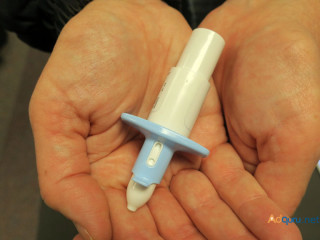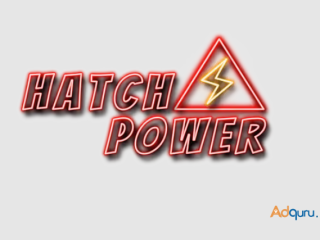The Importance of Rest and Recovery in Sports
1 month ago Services Edmonton 22 views Reference: 27737Location: Edmonton
Price: $3,000
In the world of sports and athletic performance, the concepts of rest and recovery are often overlooked. While athletes tend to focus on intense training sessions and pushing their physical limits, the time spent recovering is equally crucial for optimizing performance and preventing injuries. Sports physiotherapy Edmonton At Next Step Physiotherapy , we emphasize the importance of rest and recovery as an integral part of any athlete’s training regimen.
Why Rest and Recovery Matter
Rest and recovery are essential for several physiological and psychological reasons. During intense exercise, muscles experience small tears, and energy stores are depleted. The body needs time to repair these tissues and replenish energy levels, which is what makes rest so vital.
Neglecting recovery can lead to overtraining syndrome, which results in decreased performance, chronic fatigue, and a higher risk of injuries. A well-balanced approach to training includes adequate rest to support the body’s natural healing processes.
Physical Recovery Mechanisms
Muscle Repair and Growth
One of the primary reasons athletes need recovery is to allow muscle tissues to repair and grow. When muscles are given time to heal, they become stronger. This adaptation is crucial for athletic performance, and without it, progress is hindered. Proper rest leads to increased strength, endurance, and overall physical capacity.
Injury Prevention
Overuse injuries, such as stress fractures, tendinitis, and muscle strains, are common among athletes who don’t give their bodies enough time to recover. Rest days reduce the stress on muscles, joints, and ligaments, lowering the risk of acute or chronic injuries. At Next Step Physiotherapy, we educate athletes on the importance of incorporating rest into their routines to minimize injury risk.
Nervous System Recovery
High-intensity sports also tax the central nervous system (CNS). Without adequate rest, the CNS cannot function optimally, reduced coordination, slower reaction times, and decreased power output. A well-rested nervous system is essential for peak athletic performance, especially in sports that require split-second decisions.
Types of Rest and Recovery
Active Recovery
Active recovery involves low-intensity activities, such as light walking, swimming, or yoga, to keep the body moving without placing additional stress on the muscles. It promotes blood circulation, which helps clear out waste products like lactic acid and speeds up the healing process.
Passive Recovery
This refers to complete rest with minimal physical activity. Passive recovery days are essential for allowing the body to fully recharge, especially after periods of intense competition or strenuous training.
Sleep
During deep sleep, the body releases growth hormones that aid in muscle repair and overall recovery. Athletes should aim for 7-9 hours of sleep per night to maximize these benefits.
Strategies for Effective Recovery
Hydration and Nutrition
Consuming the right balance of carbohydrates, proteins, and healthy fats helps rebuild muscle tissue and replenish glycogen stores. Staying hydrated aids in maintaining joint lubrication and supporting cellular functions.
Stretching and Mobility Work
Incorporating stretching and mobility exercises into a recovery routine helps maintain flexibility and reduces muscle stiffness. Physiotherapists can provide personalized stretching routines that target specific muscle groups, aiding in faster recovery and injury prevention.
Therapeutic Techniques
At Next Step Physiotherapy, we offer various therapeutic techniques to accelerate recovery. Such treatments improve blood flow, reduce muscle tension, and promote healing.
Mental and Emotional Recovery
Rest and recovery are not only about physical healing but also about mental well-being. High levels of stress and mental fatigue can negatively impact performance. Taking time to relax and recharge mentally helps athletes stay focused and motivated. Mindfulness practices, such as meditation and breathing exercises, can be valuable tools for mental recovery.
Conclusion
Rest and recovery are foundational components of any successful sports training program. At Next Step Physiotherapy in Edmonton, we guide athletes on how to balance training and recovery to achieve their full potential. If you’re looking to optimize your athletic performance or recover from sports-related injuries, our team of experienced physiotherapists is here to help. Remember, pushing your limits is important, but so is giving your body the rest it deserves.
#sportsphysiotherapyedmonton #sportsinjuryphysiotherapyedmonton #sportsinjuryphysiotherapy #nextstepphysiotherapy #sportsinjuryphysiotherapynearme #physiotherapynearme #physiotherapyedmonton #physicaltherapynearme #physicaltherapyedmonton #sportsphysiotherapyedmonton
#nextstepphysiotherapyedmonton #physicaltherapist #physiotherapyclinic #physioclinicedmonton
























































